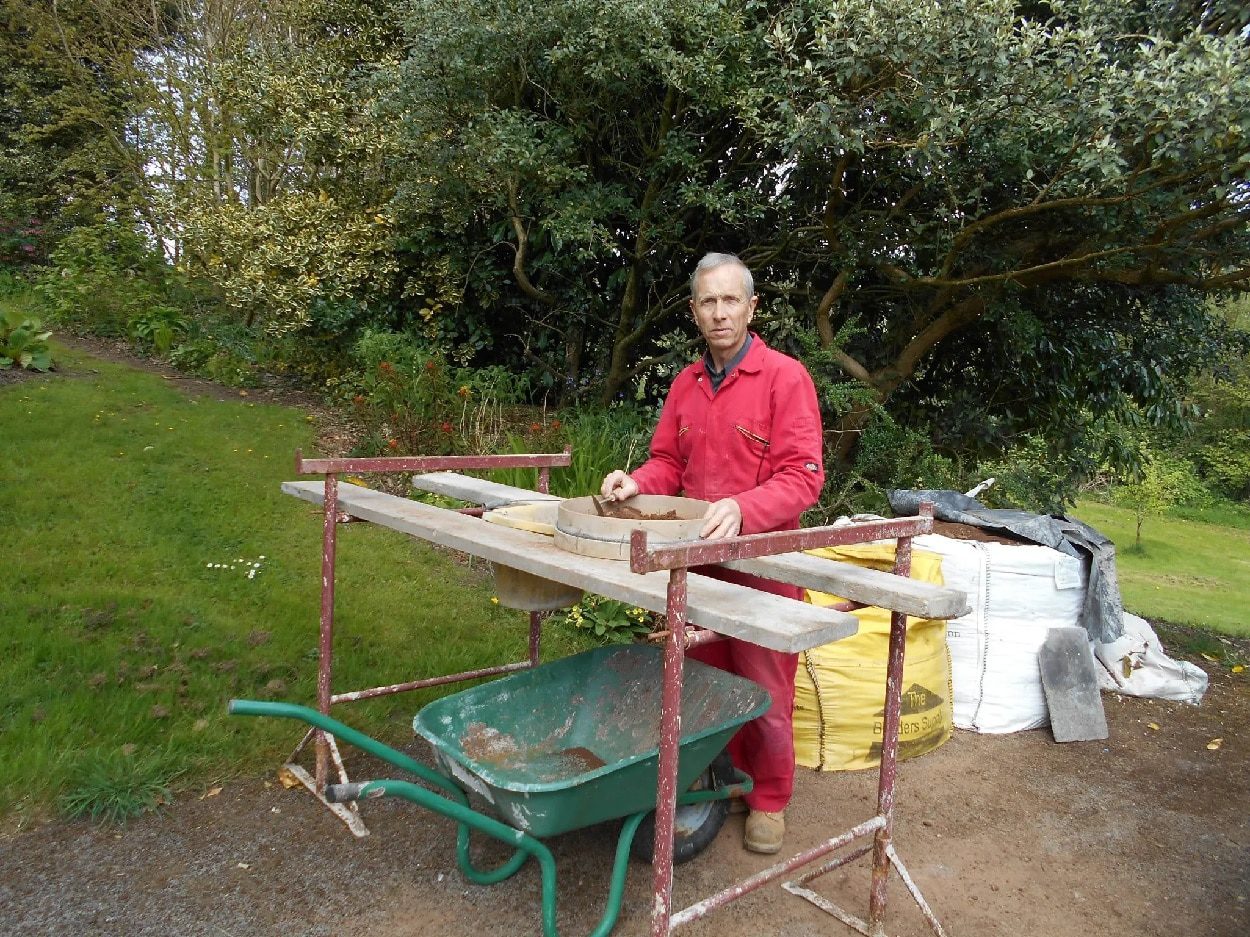A team of archaeologists from the University of Central Lancashire (UCLan), have found 11,000-year-old human remains in Heaning Wood Bone Cave, located in Cumbria, England.
Heaning Wood Bone Cave is a limestone formation with a vertical shaft, that has developed into a complex karstic fissure system. The cave was first excavated in 1958 by E.G. Holland, yielding skeletal remains of three adults and a juvenile, which radiocarbon dating placed to the Early Bronze Age.
Archaeologists returned to the cave in 2016, revealing animal bones such as Bos, Sus and Canis, stone tools, pottery, and beads made from shells.
The latest excavation by archaeologist, Martin Stables, has unearthed a periwinkle shell bead, and human remains that date from 11,000-years-ago during the early Mesolithic, a period when Homo sapiens, or modern humans, were the only hominid species to still survive in the British Isles.
The team have been able to identify 8 individuals buried in the cave, 7 of which have been dated by researchers from the University of Nevada and Pennsylvania State University using radiocarbon dating.
The results have shown that the cave was used for burials at three different periods in the prehistoric past: around 4,000-years-ago in the Early Bronze Age; approximately 5,500-years-ago in the Early Neolithic; and around 11,000-years-ago during the very early part of the Mesolithic period.
Dr Peterson from UCLan said: “This is a fantastic discovery! We’ve been delighted to confirm Martin’s unbelievable find dates back around 11,000-year-ago and gives us clear evidence of Mesolithic burials in the north. This is particularly exciting as these are some of the earliest dates for human activity in Britain after the end of the last Ice Age.”
Header Image Credit : UCLan





